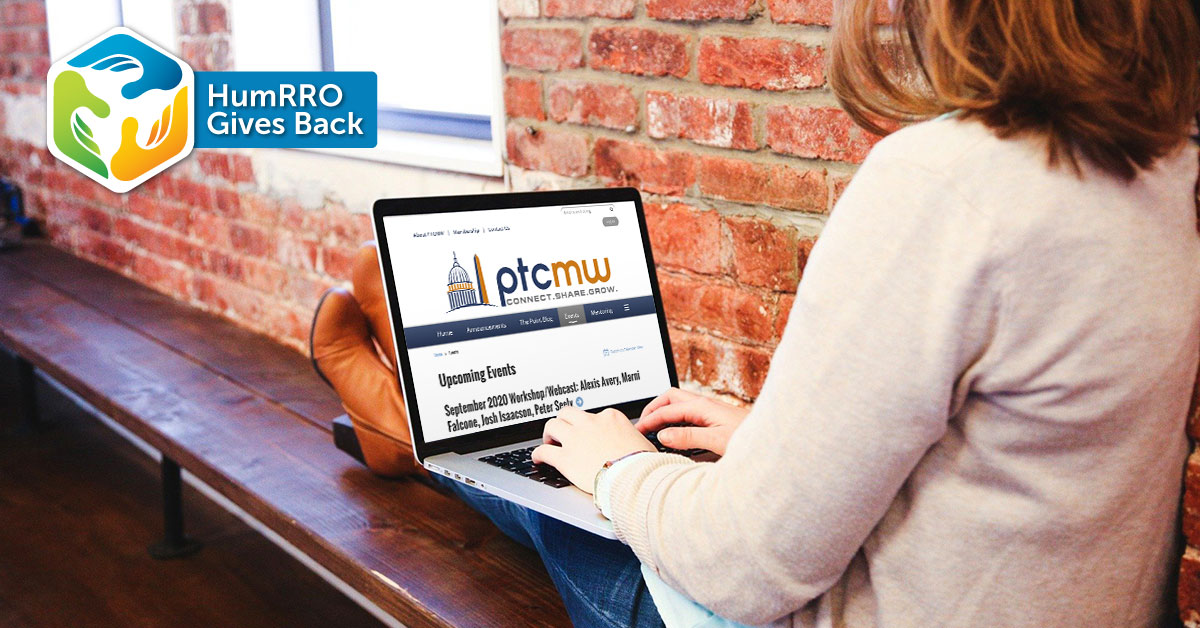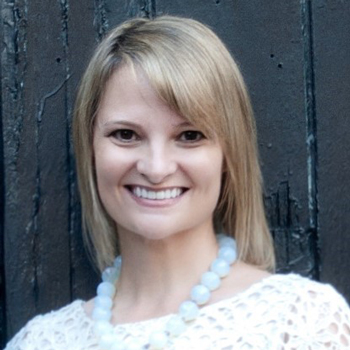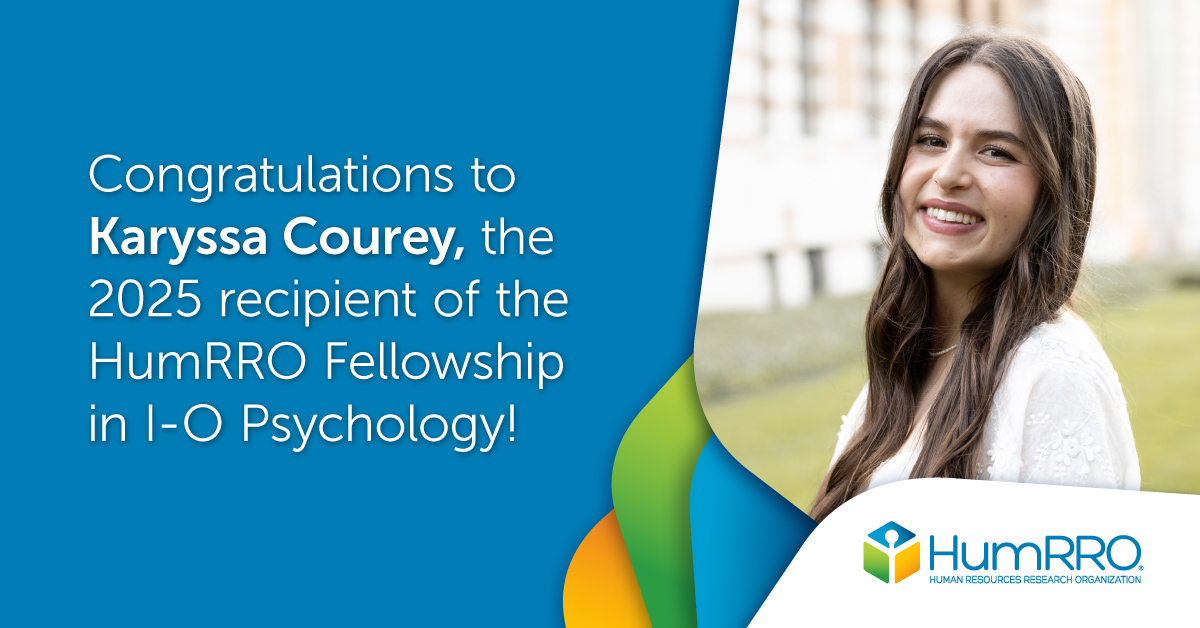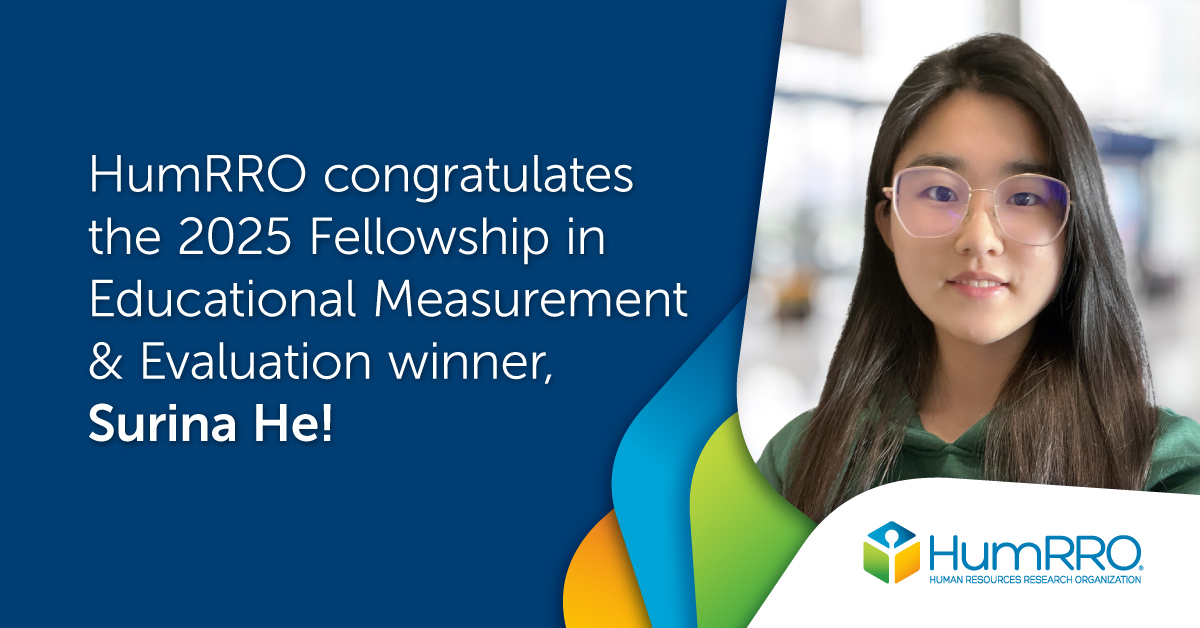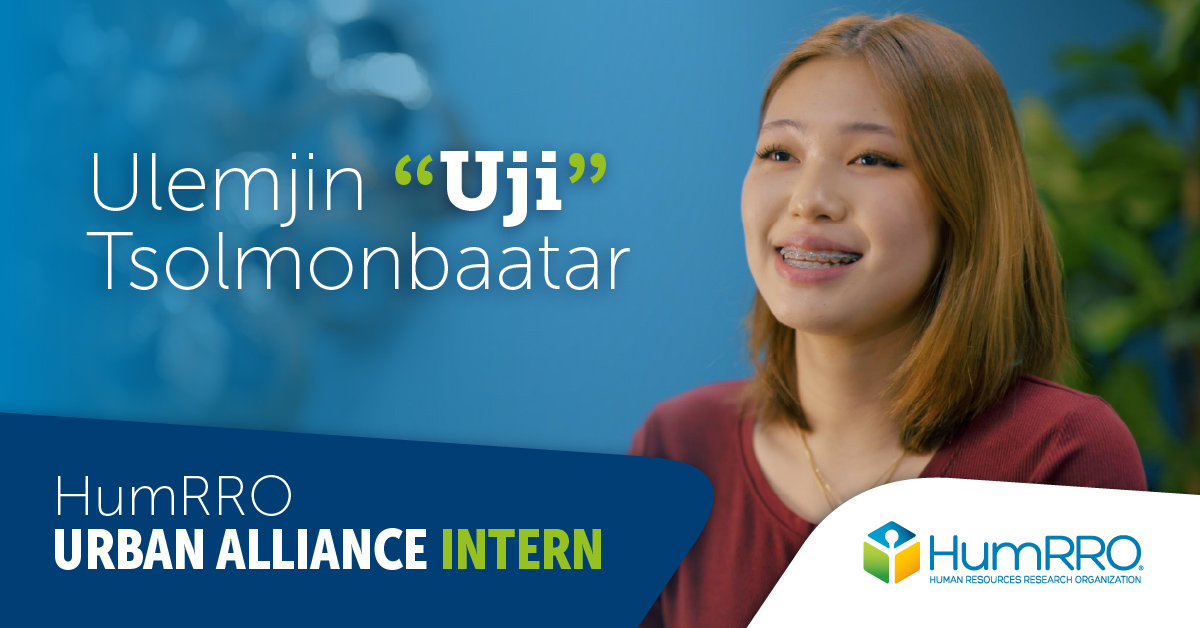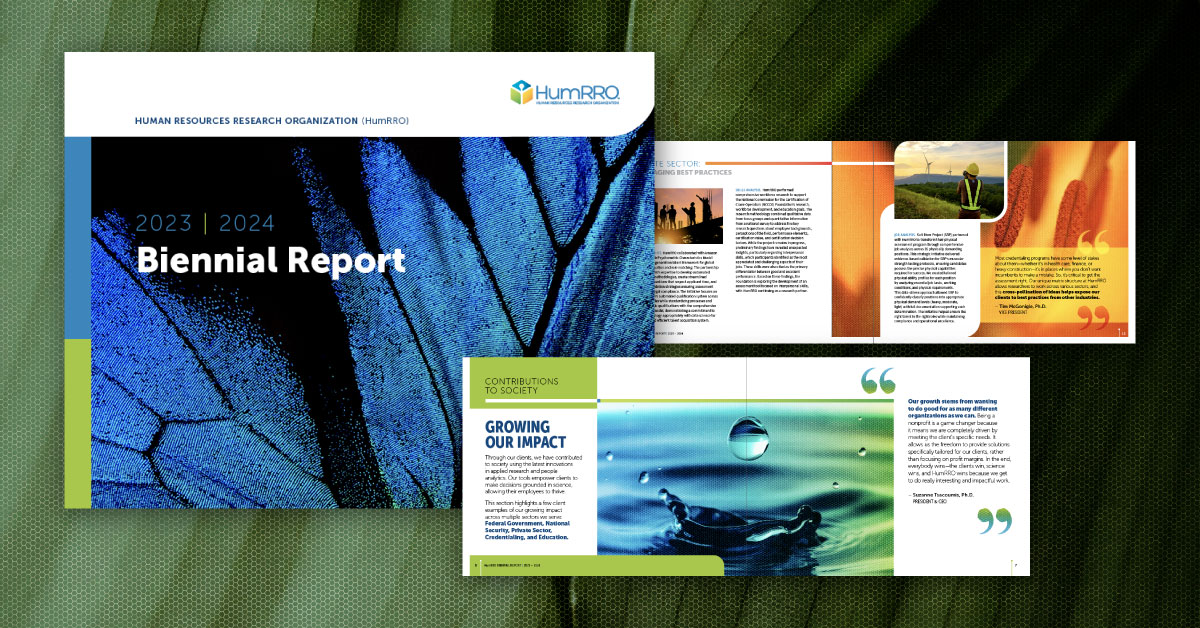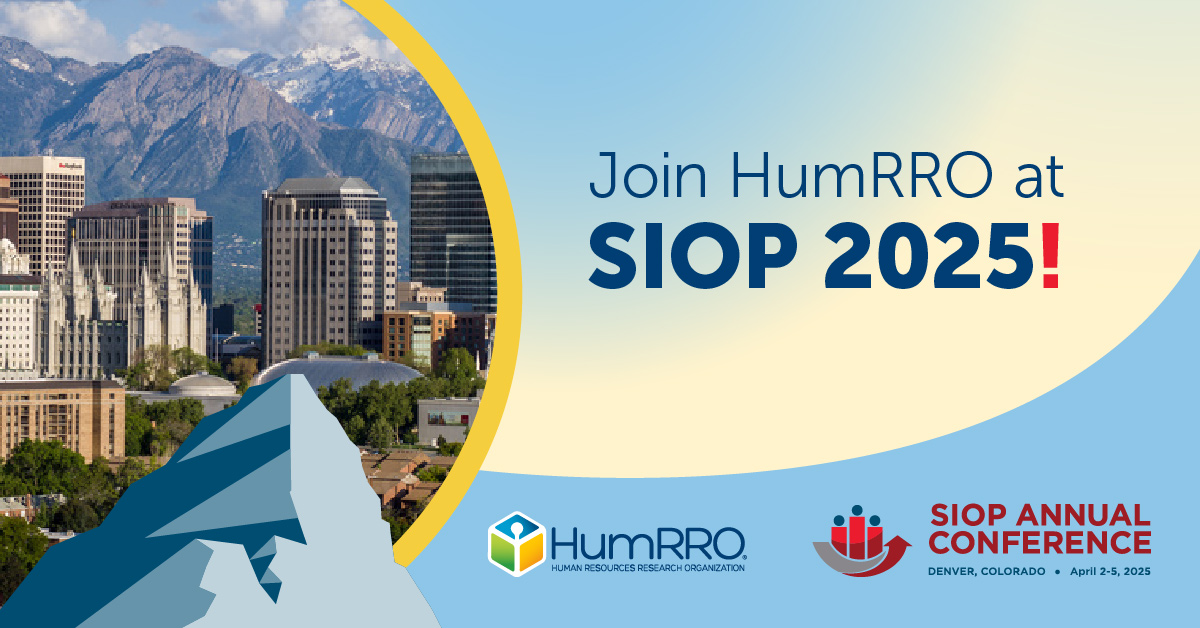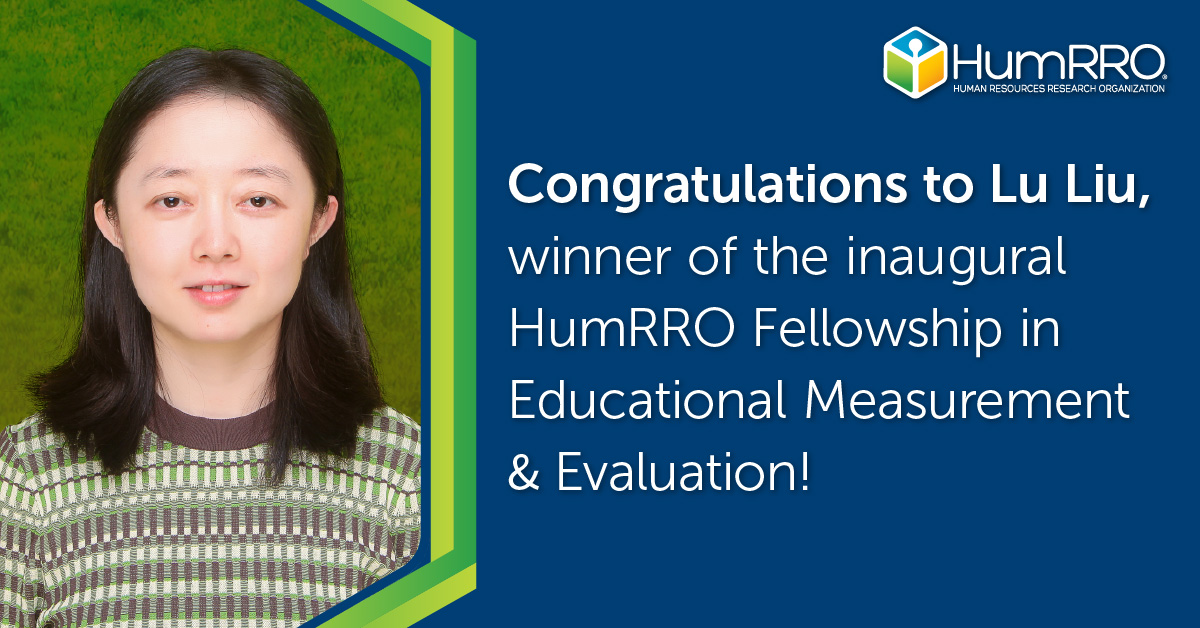For research scientist, Angela Lee, Ph.D., and research associate, Katelyn McCoy, the changes and challenges brought on by the Covid-19 pandemic not only affected how they conduct their work at HumRRO but also how they serve in leadership positions at the Personnel Testing Council of Metropolitan Washington (PTCMW).
When both were elected to their positions—Lee as vice president and McCoy as secretary—they anticipated planning a full slate of in-person learning sessions and networking events, as well as PTCMW Board meetings. Covid-19 restrictions forced a quick pivot for Lee and McCoy, who plan and execute PTCMW events, to virtual learning.
“The outgoing vice president plans events for January and February of the following year, so the first event I planned was for March right when everything shut down,” recalled Lee. “Katelyn and I huddled together and came up with a way to offer the program virtually with input from the PTCMW Board. Thanks to our familiarity with working virtually with colleagues and clients at HumRRO, we were well-versed with the technology and format needed to pull off a successful event.”
Giving back to science and society is a pillar of HumRRO’s core values. The vice president role is Lee’s third board-level position at PTCMW, and McCoy served 10 months in AmeriCorps National Civilian Community Corps before joining HumRRO last year.
“I knew HumRRO was right for me when I realized I’d have the opportunity not only to improve my technical skills but to give back to the local community I’d grown to appreciate while attending graduate school in the area,” said McCoy. “HumRRO’s focus on volunteerism has encouraged me to grow personally and professionally.”
Virtual Upsides
So far this year, Lee and McCoy have helped plan and execute several online events and workshops, including a webinar on “Implicit Bias” by HumRRO’s principal scientist, Shane Pittman, Ph.D.
Next up on the calendar is a four-hour workshop on Sept. 23, “Job Analysis in the Virtual World: Maintaining Engagement with SMEs and Clients,” inspired by Lee and McCoy’s work experiences this year. The workshop is available to PTCMW members and non-members, and is free for students.
An unexpected benefit of going virtual, according to Lee and McCoy, is that event attendance has grown significantly, drawing participants outside of the DC metropolitan area and internationally, and also increasing attendance from locals who don’t have to commute during rush hour. In addition, they have also been able to cast a wider net for presenters who now only need to log on rather than fly in for an event.
Lee said she believes the success and positive feedback from this year’s virtual events will lead PTCMW to continue offering programming virtually as well as in person once the threat of Covid-19 passes. “I think people will prefer to keep networking events in person, but there’s a value in offering a mix of virtual and in-person learning sessions in terms of reaching a wider audience,” said Lee. “Because PTCMW is a nonprofit, we aren’t usually able to help fund travel costs without sponsors.”
“As organizations look ahead to plan for a post-Covid-19 world, it’s valuable to consider what virtual programming will be most useful to maintain,” added McCoy. “When it comes to highly collaborative work and networking, it may be a relief to be able to meet in person again. However, we should continue to consider the value virtual options bring in terms of reaching and accommodating more people, from a wider geographic area, while providing the ability to effectively moderate the flow of conversation and ideas.”

